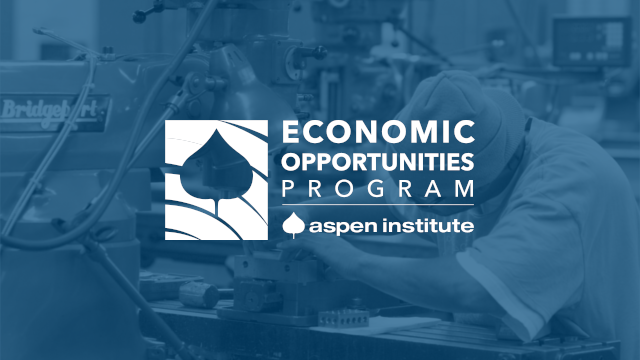New technologies are reshaping the economy and the way work is performed across all industries. Autonomous vehicles and drones are two of today’s leading examples that demonstrate the ways that emerging technologies could impact the work that people do, and in the process, change jobs, occupations, and industries. Some work skills will become more relevant, while others become less so, and we will see the emergence of some new skills and roles that we cannot imagine today. But currently, there is a disconnect between people who are building technologies that could impact the workforce and those who are designing policies to help manage the impact.
In order to help bridge that gap, the Aspen Institute Future of Work Initiative and X (formerly known as Google X), the Moonshot Factory, convened a day-long cross-sector workshop in the spring of 2018 to build a better understanding of the opportunities and challenges of these two developing technologies. Drawing from and building on that conversation, the Initiative drafted a white paper to further explore issues at the intersection of the future of work and the future of mobility.
First, the paper looks at autonomous vehicles and drones as examples of automation, and considers their impact on work. Second, the paper highlights three policy approaches to associated challenges and opportunities. Specifically, we explore the opportunity to build greater connectivity between technologists, employers, and the education and workforce systems in order to improve signaling around skills likely to be in demand. We look at how we might “disrupt graduation” and adopt a lifelong learning posture to ensure that all workers are prepared for likely technological change. And we highlight the need for cities and states to enhance their own technological capabilities in order to plan for the implementation of these technologies.
This workshop and paper are first steps on a longer journey that will require participation from all sectors. We aim to share our insights on these important topics with others wrestling with similar issues, and inspire others to convene similar conversations. Through careful consideration, we should ensure that any gains from technology will be broadly shared.


